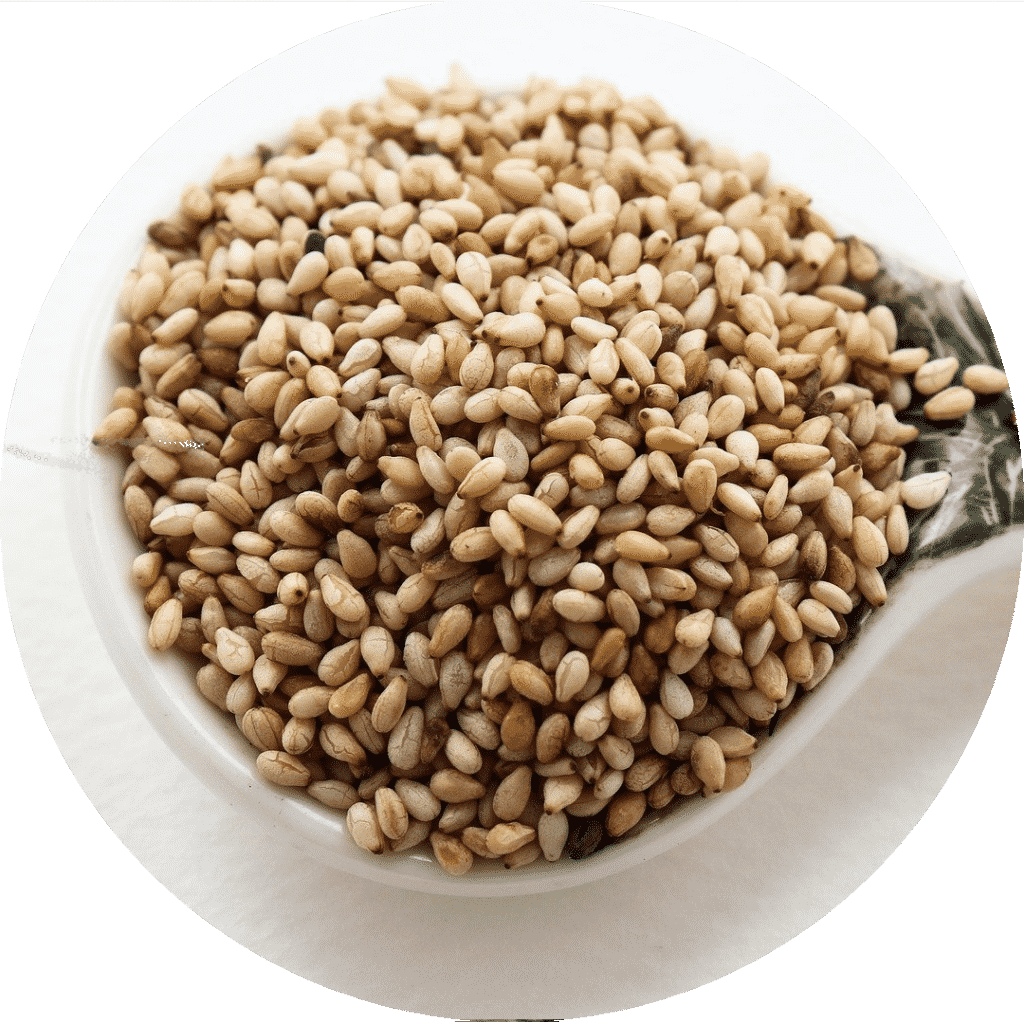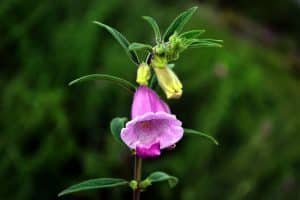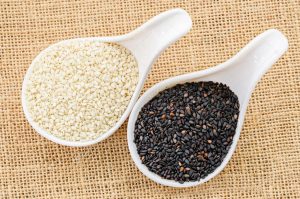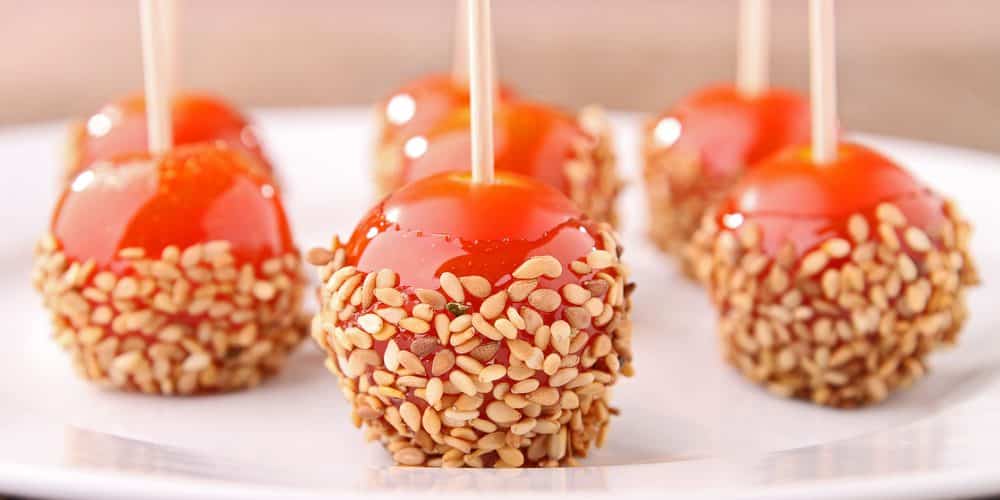
Sesame seed
Since ancient times, sesame has been cultivated in the East for its oil, which is rich in essential fatty acids. It is only in recent years that we have seen the cultivated seeds used mainly in food, for the nutty taste they provide. They can be found in the recipes of many pastries, sweet and savoury biscuits and special breads.
Sesame seed varieties
White, brown or black, sesame seeds are small, flat and pointed and are mainly grown in Asia, India and Mexico. The flowers can be white, yellow or purple. A sesame plant can be up to one metre high, and contains small capsules, each containing about 200 sesame seeds.


The benefits of sesame seeds
Very rich in unsaturated fatty acids, fibre, vitamins and minerals, sesame seeds are an excellent food supplement. They contain :
- 20 to 27% protein, equivalent to that of a minced beef steak with 5% fat.
- soluble fibres which slow down the passage of sugar in the blood and are therefore interesting in case of diabetes.
- insoluble fibre which speeds up transit, increases the feeling of satiety and therefore can help those seeking to lose weight.
- phytosterols that help lower bad cholesterol levels
- omega 6, antioxidants that help to combat cell ageing
- calcium and phosphorus to strengthen bones and teeth
- iron, which helps fight anaemia
- Magnesium, which helps reduce anxiety, prevents cardiovascular disease and strengthens the immune system
- Zinc, which helps the immune system to function properly and promotes healing
- A real energizer, sesame seeds put a smile on your face!
However,beware, sesame is one of the 9 most common allergens!
Symptoms of allergy can be skin, digestive or respiratory. People with a sesame allergy should avoid all foods and products containing sesame.
Beliefs about sesame
In China, sesame is a traditional tonic and eating its seeds is said to make you live longer.
In ancient Greece, soldiers consumed sesame seeds for the energy they gave them to be more vigorous in battle.
In India, lighting a lamp filled with sesame oil before Lord Hanuman removes obstacles and difficulties in life. Sesame is used in funeral ceremonies as it symbolises good luck and immortality. It is also common to have a jar of sesame seeds at home to attract money!
In some African countries, it is customary to give newlyweds inaugurating their new home sesame balls to wish them prosperity.
The word sesame is also closely linked to the famous phrase from the tale of 1001 Nights, "Open sesame". The symbolism of fecundity finds its full meaning here, since the opening of the hidden door gives access to the riches of the earth.
How to consume sesame seeds?

Widely used in the preparation of breads and biscuits, they are present in all the Sigdal Norwegian crackers and cracker recipes (except for the pumpkin seed recipe). They are also used in pastries, with Asian nougat being the benchmark.
Sesame seeds are the basis of hummus, the chickpea puree that is widely used in Middle Eastern countries. Sesame puree (tahini or tahini) can be white, black or whole. It is also used in various sauce preparations, as a spread in a sandwich or on toast.
You can roast the sesame seeds, which will amplify their nutty taste. Added to your salads, gratins, soups or vegetables, roasted sesame seeds will give your dishes an extra kick. To roast them, fry them without fat in a pan for a few minutes and stir regularly to avoid burning them.

